We’ve all been there. You’re convinced that buying a year’s supply of toilet paper in one fell swoop is the ultimate act of preparedness. But reality often sets in: the toilet paper mountain takes over your bathroom, the “best before” date looms (toilet paper doesn’t “expire” in the traditional sense as would perishable food, but it can be exposed to elements like light and humidity that cause the tissue to degrade over time), and you’re left wondering if you’ll ever actually use it all.
This article will help you avoid those bulk-buying blunders by highlighting items that are better purchased in smaller quantities.
Featured Financial Products
Table of Contents
Don’t Buy These Items in Bulk

Think twice before purchasing any of these items in bulk. In many cases, whatever per-unit savings you might achieve are going to be canceled out in other ways.
Want to learn more about investing, spending, taxes, and more? Sign up for Young and the Invested’s free newsletter: The Weekend Tea.
1. Highly Perishable Foods

Unless you have a very large family, perishables don’t make good bulk purchases. Avoid buying an excessive amount of certain fruits, vegetables, fish, meat, or milk. Sure, you might get an incredible discount by the pound or the ounce when you buy in bulk, but if half of it ends up tossed into the trash, your savings have gone to waste.
(Note: You can make some of these fresh foods last longer by freezing them. But in some cases, doing so for too long can impact flavor and texture.)
2. Items Expiring Soon

Even if an item isn’t highly perishable, it might be close to expiring and won’t be usable (or at least usable in prime condition) for much longer. Yes, you can often use unopened items past the expiration date, but determining exactly how long you can do so safely can be risky.
For example, you might be compelled to stock up on your favorite makeup items when they’re on sale. But if very old eye makeup gets into your eyes, particularly after it’s been open for a while, it can lead to an eye infection. So even if your makeup isn’t to the point of being dangerous, it might dry out before you get the chance to use it.
Featured Financial Products
3. Spices
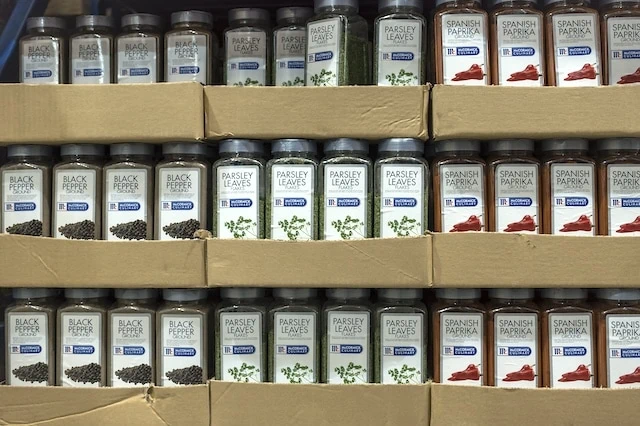
Everyone needs a little spice in their life, but except for your most commonly used spices, it’s best not to buy these in bulk. Spices start to lose potency and flavor after about six months.
For full flavor potential, buy smaller portions of your less commonly used spices. You will pay more and have to buy them more frequently, but it should translate into a noticeable difference in flavor when you cook.
4. Items You’ve Never Tried

This goes without saying, but don’t try out anything new in warehouse-club sizes. Even if the food sounds delicious, even if the face cream looks magical, don’t do it. You might hate those frozen pizzas, and that face cream might cause a significant breakout—and if you have to throw away your bulk purchase, you’re throwing away a lot of money.
I’ll note that some items are warehouse-club exclusives you can only buy in bulk, so there might be no way of sidestepping this issue with those products. But wherever possible, only buy items in bulk that you’ve already tested.
5. Anything You Don’t Use
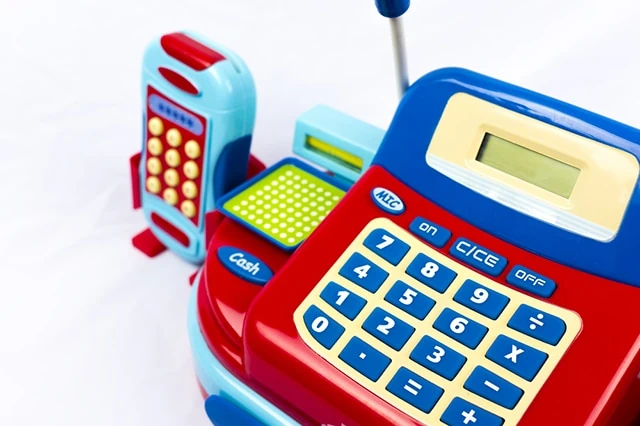
I know this seems painfully obvious, but some people truly can’t say no to any bargain—and they’ll end up buying products they don’t even use. Even if a store is practically giving away perfume, ask yourself: Do you even wear perfume? Do you plan to? Similarly, don’t buy toys that your child has already aged out of, or hefty winter gloves when you live in a hot climate.
It’s OK to say no to some deals.
6. Junk Food
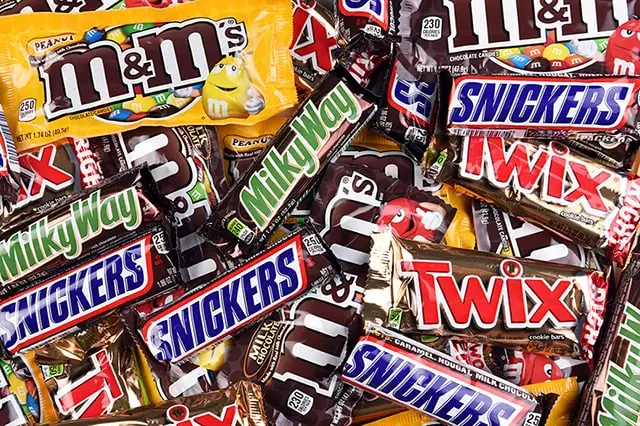
Do you ever feel like candy bars call to you like a siren’s song? Well, plug your ears. People trying to improve their health shouldn’t buy junk food in bulk. You can tell yourself that you’ll eat that 12-pack of king-sized Snickers over the course of a year, but when you see that box every day, there is a good chance you’ll indulge more than you planned.
It’s common for people who are trying to eat better to have little (if any) junk food around the house. If you have to go to the store to satiate a craving, you’re much more likely to skip it to avoid the hassle. You might save money buying treats in bulk, but your body will thank you for purchasing smaller amounts instead.
7. Items That Take Up Too Much Space

People living in shoebox apartments should hold off on getting a membership to warehouse stores like Costco or Sam’s Club in general. But if you are compelled to buy in bulk, avoid bulky items.
Even if you can get a bunch of great deals in bulk, what good are those deals if you have nowhere to store everything? You don’t want a paper-towel avalanche every time you open a cabinet or your closet, so until you have more space, only buy smaller items in bulk.
8. Toilet Paper* + Paper Towels*
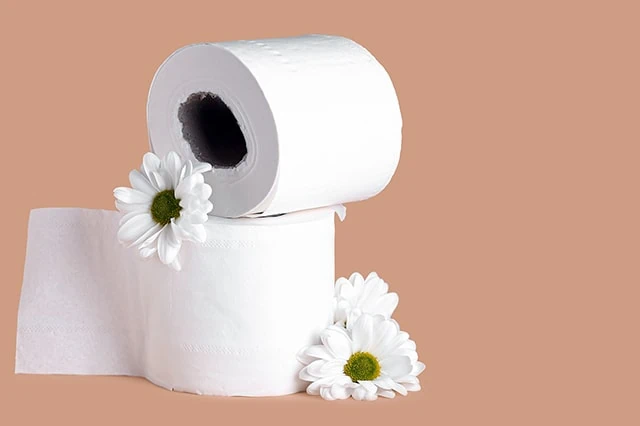
We all remember the great toilet paper shortage of 2020—and generations of people will forever stock up on toilet paper just so it never happens again.
To be fair, you never want to suddenly discover you’re out of TP. Fortunately, toilet paper (and paper towel rolls, for that matter) last a long time, making them excellent candidates for bulk purchases. This goes for other paper products, including paper plates, napkins, and parchment paper.
* As noted in the intro, toilet paper (and similarly, paper towels), don’t “expire” nor should you have worry about them not being up-to-snuff when they’re called into action on account of their age. However, time erodes all things, so true for TP and PT.
Buying these for the very long-term could prove problematic in those out years. Again, this isn’t to say buying these paper products for later use within a year or two will be a bad bulk buy. We’re talking about the many, many years scenarios, such as someone receiving a “lifetime supply of TP” consolation prize for appearing on a game show but getting all of the TP upfront.
Related: 60 Personal Finance Statistics You Might Not Know (But Should!)
Featured Financial Products
Related: 7 Best High-Quality, High-Yield Dividend Stocks to Buy
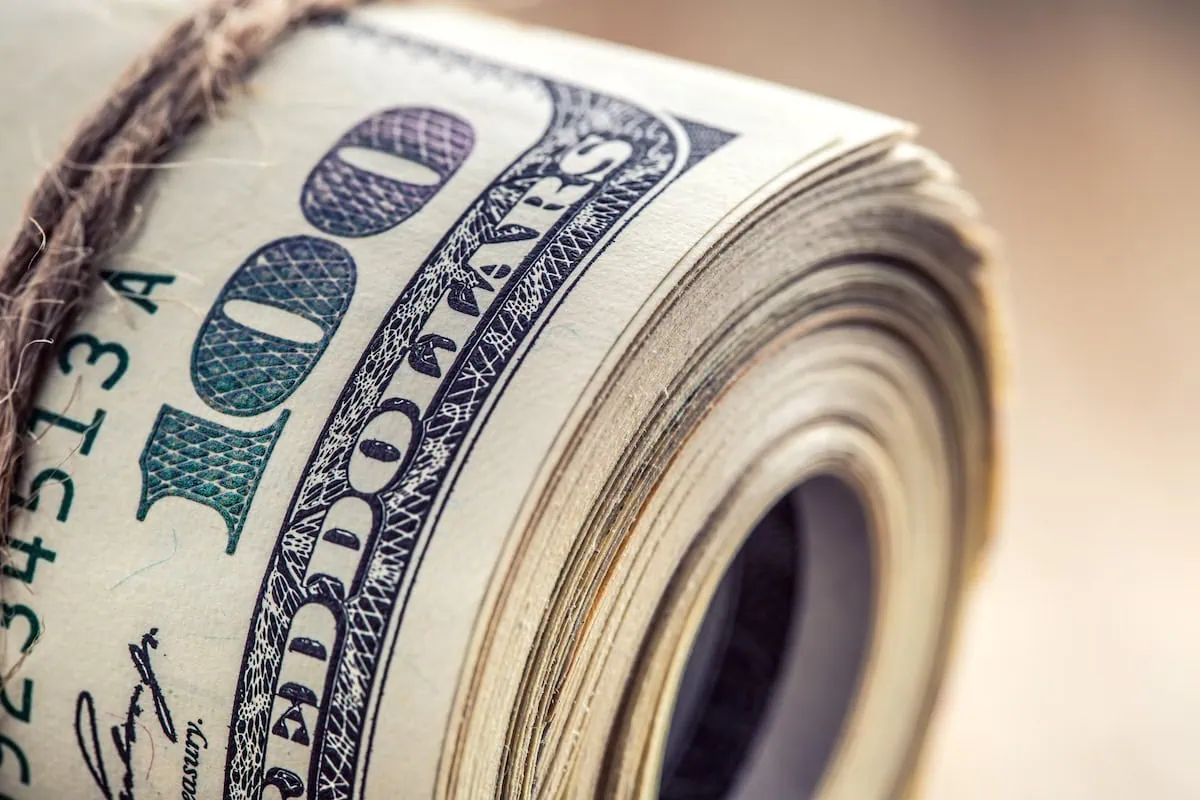
Looking to earn some serious dividend income? These high-quality, high-yield dividend stocks are well-regarded not only for their high payouts, but for the sustainability of those dividends (at least in the eyes of investment professionals covering the stocks).
We look into these seven companies’ dividend profiles and why analysts think their stocks are well worth holding in your income portfolio.
Related: 12 Best Long-Term Stocks to Buy and Hold Forever
As even novice investors probably know, funds—whether they’re mutual funds or exchange-traded funds (ETFs)—are the simplest and easiest ways to invest in the stock market. But the best long-term stocks also offer many investors a way to stay “invested” intellectually—by following companies they believe in. They also provide investors with the potential for outperformance.
So if you’re looking for a starting point for your own portfolio, look no further. Check out our list of the best long-term stocks for buy-and-hold investors.
Related: 9 Best Monthly Dividend Stocks for Frequent, Regular Income
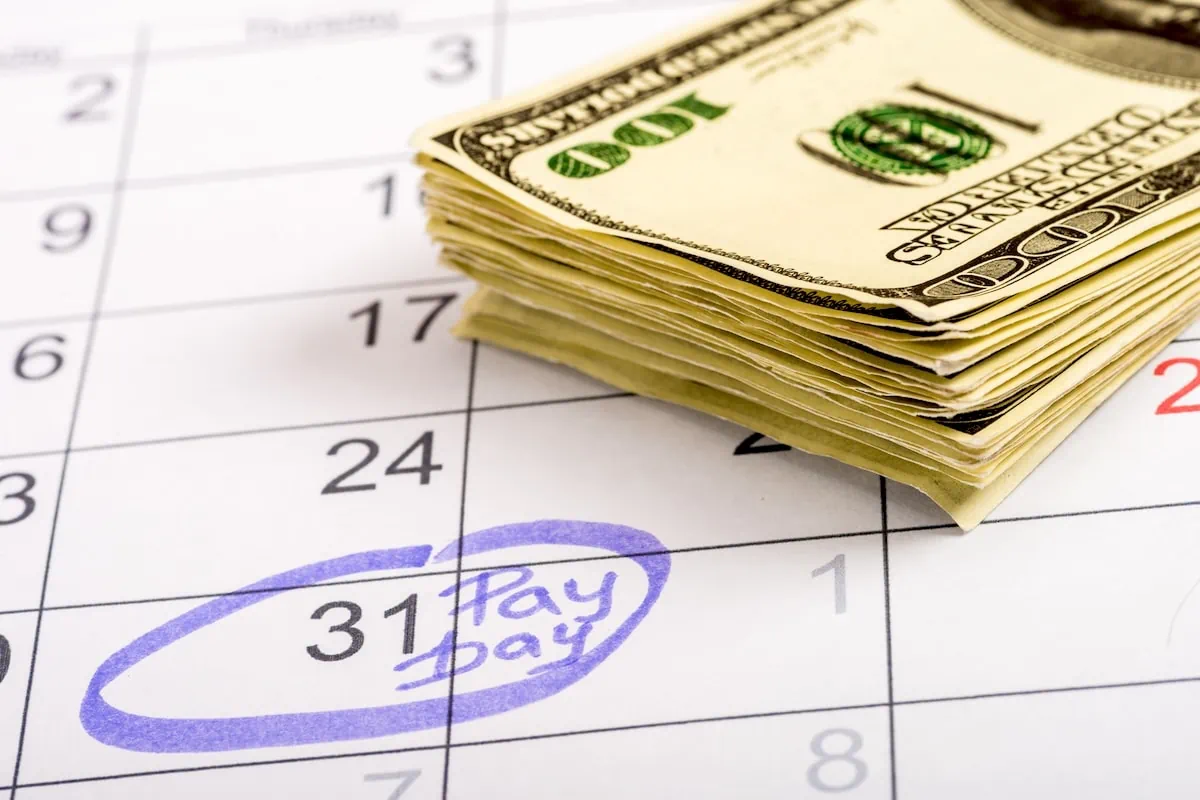
The vast majority of American dividend stocks pay regular, reliable payouts—and they do so at a more frequent clip (quarterly) than dividend stocks in most other countries (typically every six months or year).
Still, if you’ve ever thought to yourself, “it’d sure be nice to collect these dividends more often,” you don’t have to look far. While they’re not terribly common, American exchanges boast dozens of monthly dividend stocks.
Please Don’t Forget to Like, Follow and Comment
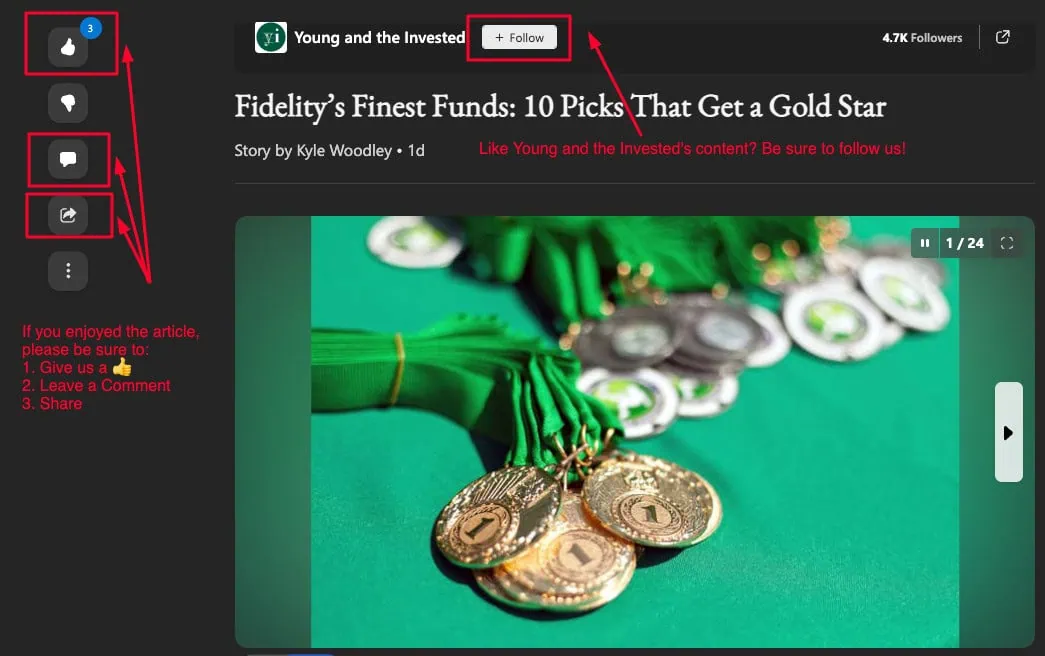
Did you find this article helpful? We’d love to hear your thoughts! Leave a comment with the box on the left-hand side of the screen and share your thoughts.
Also, do you want to stay up-to-date on our latest content?
1. Follow us by clicking the [+ Follow] button above,
2. Subscribe to Retire With Riley, our free weekly retirement planning newsletter, and
3. Give the article a Thumbs Up on the top-left side of the screen.
4. And lastly, if you think this information would benefit your friends and family, don’t hesitate to share it with them!





